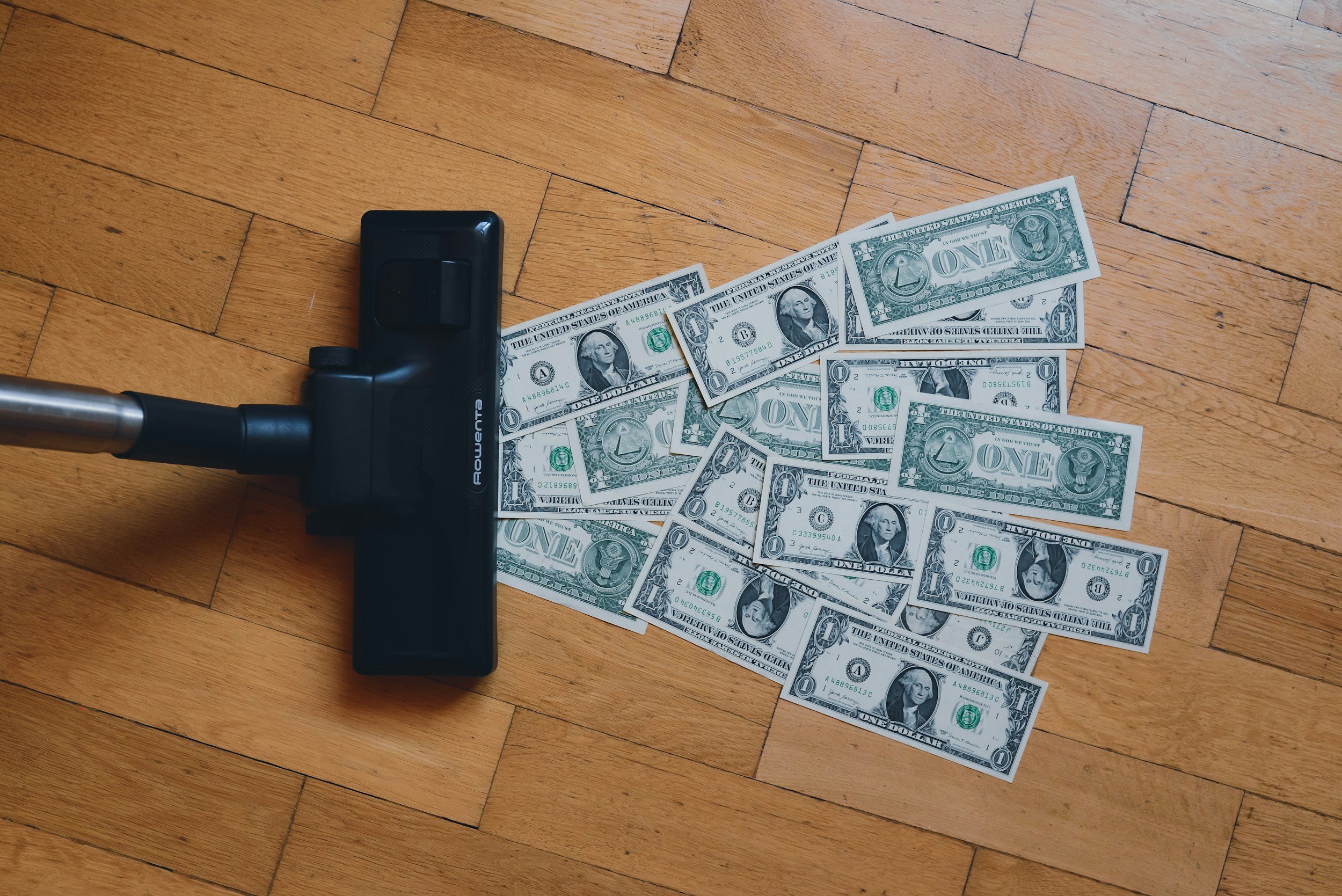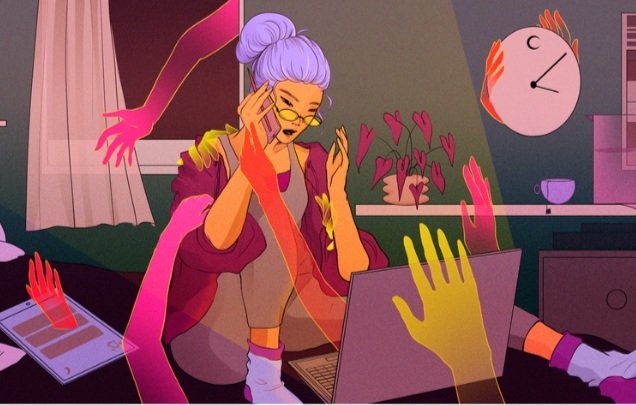“Perfection is achieved, not when there is nothing more to add, but when there is nothing left to take away”
- Antoine de Saint-Exupéry
THE QUITTER’S CLUB blog
People pleasing, perfectionism, booze, skinny jeans, crappy cheese - everyone’s quitting something. Join me here in a quest for less of what’s holding you back from a life of sustainable, authentic joy.

SOS —Save Our Summer: How to Actually Enjoy Your Kids (And Yourself) This Summer
Summer dread setting in? Discover how to break free from the burnout cycle that turns parents into popsicle-dispensing zombies. This honest guide offers practical tools for neurodivergent families to create a summer where everyone thrives—including you. Because when you matter equally in the family equation, everything changes.

5 Sanity-Saving Experiments for Parents Dropping Too Many Balls
Overwhelmed parent? You're juggling glass and plastic balls—and you're supposed to drop some. These five experiments will help you identify which balls bounce and which shatter, so you can focus your energy where it matters most. Ditch the guilt, embrace strategic neglect, and rediscover joy in the parenting circus.

The Glass Ball Method: How Overwhelmed Parents Can Finally Stop Dropping What Matters
Drowning in demands, dropping balls, and desperate for relief? Discover the Glass Ball Method—the game-changing approach that shows overwhelmed parents which responsibilities truly matter and which ones can bounce. Stop the guilt cycle and reclaim your time, energy, and joy with this practical framework for sustainable parenting.

Bonus Content: Designing Experiments to Say No with Love
Feeling overwhelmed and unable to add one more thing to your plate? Discover how tiny, reversible experiments can help you say "no" with love without adding to your burden. These micro-shifts don't require extra energy—they simply redirect what you're already using, creating immediate space in your burnout-filled life.

The Art of Saying No with Love: How Boundaries Fuel Your Energy and Deepen Connection
Discover how saying "no" can actually deepen your relationships while preventing burnout. Learn three powerful phrases that protect your energy without guilt, free your mind from people-pleasing, and help you set loving boundaries. Reclaim your joy by mastering the art of the compassionate "no."

Finding Your Flow After a Layoff: The 60-Minute Framework for A Better Next Thing
Laid off and feeling the pressure to jump into another job? Pause. This forced interruption might be your chance to discover sustainable joy instead of recycling burnout. Learn a powerful 60-minute exercise that transforms career crisis into clarity and helps you find work that energizes rather than depletes.

9 Unconventional Ways to Beat Parent Burnout When You're Exhausted, Trapped, and Overwhelmed
If you don’t have time for my big ol’ guide to the parent burnout rebellion, here are my best 9 tips for crawling out from under the impossibly heavy weighted blanked of parent burnout.
If you're feeling trapped in an endless cycle of demands, questioning your sanity, and wondering how everyone else seems to manage, you're not alone. I've been there—twins, no maternity leave, and a brain that felt like it was dissolving into a puddle of forgotten appointments and half-finished thoughts.
Traditional burnout advice often misses the mark. Here are nine unconventional approaches that actually helped me escape burnout when nothing else worked.

The Exhausted Parent's Rebellion: Unconventional Secrets to Reclaiming Your Adult Life Without Abandoning Your Kids
Drowning in parenthood? You're not failing—you're surviving an impossible system with emotions you were taught to suppress. Discover how to reclaim your adult identity and thrive despite a society that offers Instagram-perfect standards but zero practical support.

Breaking the Burnout Cycle at Work, Together: How Individuals and Organizations Can Save Money and Build Heart With Burnout Prevention
In the high-stakes world of direct service work—where compassion is both currency and cost—burnout isn't just an occupational hazard; it's become an unspoken expectation.
But what if burnout isn't the inevitable price of making a difference? What if, instead, it's a systemic failure that we've mistakenly individualized—telling dedicated professionals to practice more "self-care" while ignoring the organizational structures that create unsustainable conditions in the first place?
What if, despite the big systemic sources, there really are low-effort, low-cost ways individuals can support their burnout resilience, and how organizations can support the upward spiral of resilience contagion?

The Complete Rest Plan: Healing Burnout Through Intentional Recovery
In my time recovering from my own burnout, and my time as a burnout recovery coach, I've witnessed a common pattern: high-achieving people push themselves to the breaking point before acknowledging they need rest.
By then, because they're often deep in burnout territory—exhausted, foggy, and struggling to function — their judgement on just how much and what kind of rest is… off, at best.

Loving Your Boundaries: The Surprising Key to Preventing Burnout
You're exhausted from saying "yes" when you mean "no," and your plate isn't just full—it's overflowing onto the floor. Here's the surprising truth:
93% of high-achieving women report regularly sacrificing their own needs to meet others' expectations,
Yet those with strong boundaries report 71% higher job satisfaction and significantly lower rates of burnout.
The gap between where you are—boundary-anxious and depleted—and where you could be—energized and empowered through loving boundaries—isn't just bridgeable; it's the most important work you'll ever do for yourself.

The Hidden Burnout Crisis: Why Neurodivergent Brains Are More Vulnerable
Have you ever wondered why burnout feels so much more devastating for you than it seems to be for others? Why recovery practices that work for your colleagues feel like trying to put out a forest fire with a water pistol when you try them?
Here's a startling reality: studies suggest that neurodivergent individuals (those with ADHD, autism spectrum disorder, sensory processing differences, and other neurological variations) experience burnout at rates up to three times higher than their neurotypical peers. Not only that, but this burnout often strikes earlier, lasts longer, and requires different recovery approaches.
What's happening isn't just ordinary burnout—it's what researchers are now recognizing as "neurodivergent burnout," a distinct and particularly debilitating form of exhaustion that occurs when neurodivergent individuals spend years attempting to operate in environments designed for neurologically different brains.

FLOURISH: The Compassionate Plan for Burnout Recovery
Burnout recovery isn't easy, but it's entirely possible—and worth it. Each step of the FLOURISH method builds on the previous ones, creating a comprehensive approach to sustainable wellbeing.
Unlike approaches focusing solely on individual responsibility or systemic change, FLOURISH acknowledges both personal agency and contextual realities. It recognizes that while we can't control all circumstances, we can significantly influence our relationship to those circumstances through intentional practices and boundaries.

The Real Price of Burnout: What It's Actually Costing You
Did you know that workplace burnout costs the global economy an estimated $322 billion annually? That's not a typo—billion with a "b." But here's the more sobering truth: that astronomical figure only accounts for the measurable costs like absenteeism and reduced productivity. It doesn't begin to capture what burnout is costing you personally.
The truth is, continuing in a state of burnout isn't just unsustainable—it's financially catastrophic. And unlike other financial decisions where you carefully weigh costs against benefits, with burnout, you're often signing blank checks without realizing it.

5 Burnout Multipliers That Bring on Shame and Burnout Vulnerability
You've read about burnout before. You understand the symptoms, recognize the work cultures that fuel it, and know the typical advice for recovery. But there's something deeper that most burnout resources don't address: why do some people seem to get caught in burnout cycles while others manage to escape?
The answer lies in what I call "burnout multipliers" – underlying factors that make certain individuals more susceptible to developing burnout and more likely to remain trapped in its grip. These multipliers don't just increase your risk; they fundamentally change how burnout manifests and persists in your life.

9 Signs You're Working in a Burnout Culture (And What to Do About It)
Welcome to burnout culture, where your worth is measured by your output, your boundaries are seen as lack of commitment, and your health is considered collateral damage in the pursuit of "excellence."
But here's the truth: It doesn't have to be this way. And that persistent voice telling you that you should be able to handle it all? That's not your conscience—that's burnout culture talking.

Is it Burnout, or Is It Depression?
Burnout and depression can look the same, and can occur - but they are fundamentally different. If you treat the wrong root, recovery isn't coming quickly.
How do you know what you're dealing with, and how do you move forward if you've got both? Read here to find out.

Am I Burned Out? Check This Burnout Symptoms, Stages, Coping Styles List
Most people thing burnout is failure, it’s the one who flamed out and couldn’t get it together.
But burnout is your body, brain, and heart functioning exactly how they should be in the face of chronic stress - chronic stress and stressors that aren’t your fault.
The first step to recovery is awareness. Here’s everything you need to know on what burnout actually is, what it’s not, and how to know exactly where you are in the cycle.

What Actually Causes Burnout and Extreme Exhaustion?
What causes burnout? If you came here for the short answer: burnout is caused by chronically incomplete stress cycles combined with continued exposure to stress.
What do people think causes burnout? Too much work, toxic work environment, or other stressors.
What really causes burnout? Pervasive, powerful social and economic systems that convince us our worth is equal to our economic production or service to perpetuating the systems themselves, without regard for our actual capacity and our biological needs as humans, as mammals really: connection, meaning, rest, autonomy.

Stress vs. Burnout: Why They're Not the Same Damn Thing
Let me be crystal clear: stress and burnout are not the same thing.
Stress is generally short-term and is often identified with specific pressures we feel we have some control over. Burnout, on the other hand, is a chronic condition associated with repeated, unresolved stress over a long period.


